Regulation & clinical guidelines
Regulation & clinical guidelines
System and process design to improve quality and patient outcomes. Taking policy into implementation through building delivery capability.
The NHS has a long track record in delivering world class care to the UK population. Having a clear strategy nationally is key to ensuring that all elements work together to deliver clear objectives.
Regulation & clinical guidelines
We use our experience promoting evidence-based decision-making in the UK’s NHS to help countries to:
- Allocate health and social care resources in a cost-effective and evidence-based way, to improve quality of care and reduce variation of access. Typical projects include:
- Guidelines adaptation and contextualisationto local settings
- Development of quality standards, indicators and pathways of care
- Improvement of patient safety through openness, learning, regulation and monitoring
Develop a system for health and social care priority setting and evidence-based decision-making for reimbursement:
- Support with developing health technology evaluation methods and processes development
- Capability building
- Setting up committees that include public and patients, and stakeholder management programmes
Regulation & clinical guidelines
Organisations that specialise in regulation & clinical guidelines
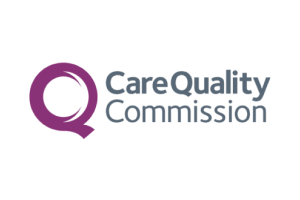
→
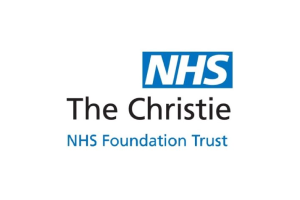
→
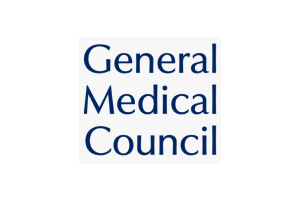
→
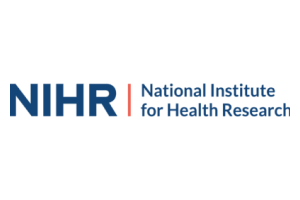
→
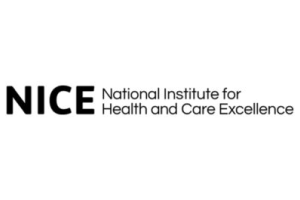
→

→

→
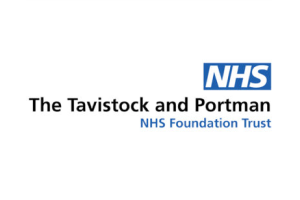
→
Regulation & clinical guidelines
NICE is an organisation that is world renowned for its use of evidence based decision making in its technology assessments and guideline production.
NICE International is the division of NICE that provides an advisory service to international organisations, government agencies and ministries wanting to understand or adopt NICE’s products, methodologies or processes. Services range between knowledge transfer activities, such as tailored seminars and workshops, to advisory consultancy type services such as capability building, technical training, formation of committees and working groups, quality assurance and guideline contextualisation to name a few.
In February 2019 the Philippines government enacted Republic Act No 11223 or the Universal Health Care Act Health is a devolved matter in the Philippines, and therefore, local government units have the capacity to procure health interventions at the local level Given that health technology assessment sits within an ecosystem involving different stakeholders, there was a requirement that each stakeholder needed to understand, have capacity and training, and be committed to their role in the health technology assessment process.
NICE International, through its membership of the NHS Consortium, in the Foreign, Commonwealth Development Office ( Better Health Programme, delivered a technical exchange made up of a series of seminars and workshops between the HTA unit, the Philippine Department of Health, the HTA Council (a decision making committee), and local government units, and organised an academic HTA round table Since HTA was made mandatory by law in the Philippines, The Philippine Department of Health has published the country’s first HTA methods and process guides, developed a rapid process for evaluating COVID 19 technologies and stated its intention to develop a network with academics in the country.